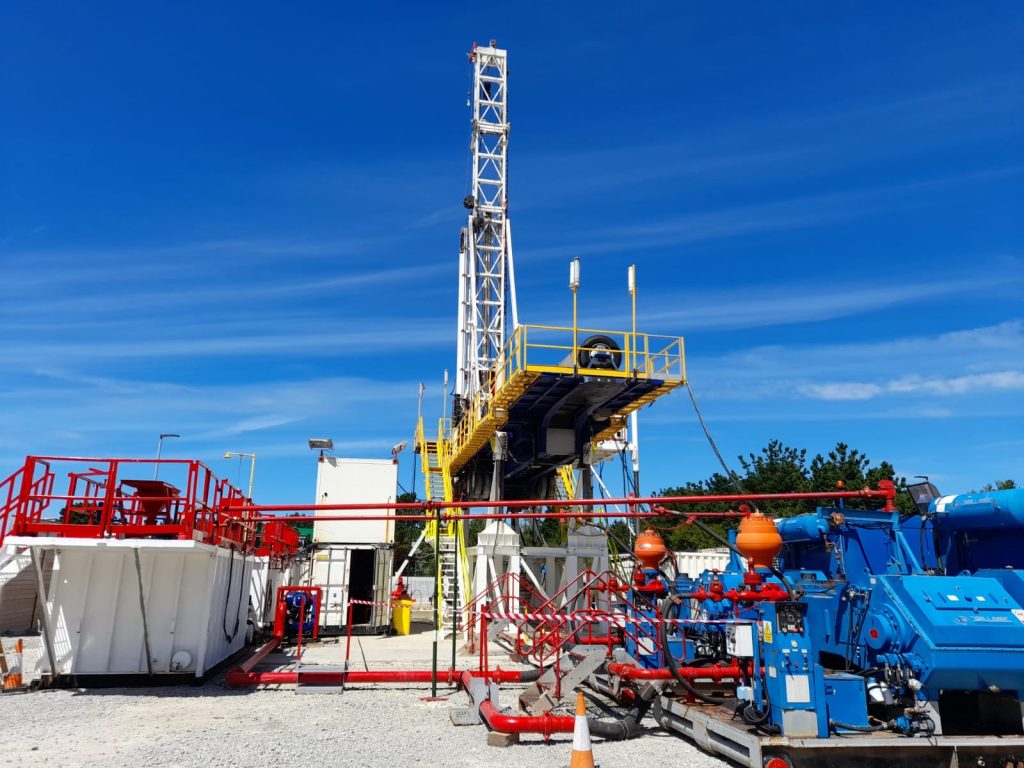PhD opportunities – Geothermal resource/ geological heat control – University of Exeter, UK

Two exciting PhD positions and scholarships have been announced by the University of Exeter’s College of Engineering, Mathematics and Physical Sciences, application deadline is Nov. 16, 2020.
The University of Exeter’s College of Engineering, Mathematics and Physical Sciences, in partnership with the Eden Project, EGS Energy, and Bestec (UK), is inviting applications for two fully-funded PhD studentships, to commence on 1st January 2021, or as soon as possible thereafter.
- PhD 1 – Estimation of geothermal resource in place within a deep fault system
- PhD 2 – Geological controls on heat production and the evolution of fracture systems
Details:
- Academic Supervisors: Dr Robin Shail (lead) and Professor Hylke Glass
- Application deadline: 2359 Monday 16th November 2020
- Eligibility: Fully-funded for UK and EU students who meet UK residency requirements and pay UK/EU tuition fees (details via link below)
- Start date: 1st January 2021 (or as soon as possible thereafter)
Background to research
Cornwall is the most prospective part of the UK for the development of deep geothermal energy (Beamish and Busby 2016). A GBP 16m research project, funded by the European Regional Development Fund, institutional investors and Cornwall Council, is investigating the feasibility of extracting thermal and mineral resources from a test site at the Eden Project. This will be the second recent site for deep geothermal drilling; the United Downs Deep Geothermal Power Project, near St Day, completed two deep boreholes in 2019, including the deepest onshore borehole in the UK.
The first PhD projects is one of two in Geothermal Resource Extraction offered in partnership with Eden Geothermal, EGS Energy, and Bestec (UK). A brief description of the other PhD, “Estimation of the geothermal resource”, with Professor Hylke Glass as the lead supervisor, is available here.
The PhD forms part of ongoing research at Camborne School of Mines addressing the geological controls on the development of SW England geothermal energy. It includes characterisation of regional to local variations in crustal heat flow, primarily related to granites, and fracture permeability. These are closely aligned with my research interests in SW England granites, SW England mineralisation and Post-Variscan tectonics.
The second PhD project is also based on the test site located at the Eden Project in Cornwall. The test site is located in the southern St Austell granite and research focusses on the estimation of geothermal resource in place within a deep fault system.
This project aims to create understanding of the local-to-regional heat flux and the development of engineered geothermal systems in the deep underground fracture systems.
Geological setting
The geothermal well is to be drilled to a depth of c. 4.5 km in the southern part of the St Austell Granite, a component pluton within the larger Early Permian Cornubian Batholith (e.g. Simons et al. 2016, 2016). It is targetting a fracture-controlled reservoir associated with the NNW-SSE “Great Cross-course” fault system that is proved in historical mine workings to the south of the site.
The St Austell Granite is composite and is well-known in near-surface settings from extensive china clay workings (Manning et al. 1996). At depth, it is poorly constrained and may include subtantial volumes of topaz granites that are relatively uncommon at surface. It has experienced multiple episodes of of fracture-controlled fluid flow, including: (1) Early-Mid-Permian magmatic-hydrothermal W-Sn-Cu lode and sheeted vein mineralisation and (2) Triassic epithermal “cross-course” mineralisation, and (3) Palaeogene weathering. It is likely that other episodes of regional fluid flow (e.g. Psyrillos et al. 2003) and multiple episodes of fault reactivation have occurred during the Permian to Neogene regional tectonic evolution (e.g. Shail and Alexander, 1997).
For the full details on the PhD positions and the relevant requirement, funding etc, see links below.
Source:
University of Exeter